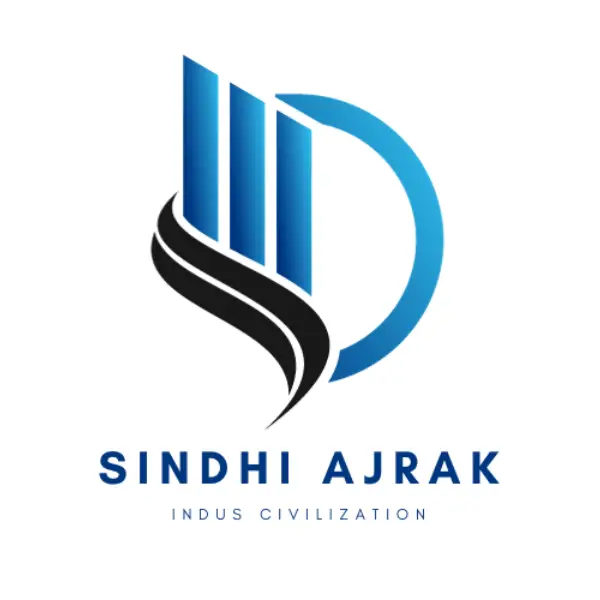Pakistan Eid ul Fitr
Pakistan Eid ul Fitr on 31 March 2025 is a significant Eid festival celebrated by Muslims in the country and worldwide, marking the end of Ramadan 2025, the Islamic holy month of fasting. In Pakistan, this biggest festival is observed with great enthusiasm and adherence to rich cultural traditions.
Significance of Pakistan Eid ul Fitr
Pakistan Eid ul Fitr 2025 holds profound religious importance, symbolizing gratitude for the strength to complete the month-long fast and seeking forgiveness and blessings from Allah. It fosters unity, compassion, and generosity among communities.
Given the anticipated large congregations for Eid prayers, it’s advisable to bring a personal prayer rug. This ensures a clean space to pray, especially if you find yourself outside the mosque due to limited capacity. Arriving early can also help secure a spot inside.
Celebrations Across Pakistan
In Pakistan, the festivities commence with the sighting of the Shawwal crescent moon, determining the end of Ramadan. The Ruet-e-Hilal Committee plays a pivotal role in this process, ensuring the moon’s sighting aligns with Islamic traditions. Their announcement confirms the date for Pakistan Eid ul Fitr, guiding the nation in its celebrations.
Traditional Attire: Ajrak and Sindhi Topi
Reflecting the rich cultural heritage of the Indus Valley, many Pakistanis don traditional attire during Eid in Pakistan. In Sindh, men often wear the Ajrak, a block-printed shawl with intricate patterns, and the Sindhi Topi, a cap symbolizing regional identity. These garments are emblematic of the region’s history and cultural significance.
Culinary Delights: Handmade Seviyan
No celebration is complete without traditional sweets. During Eid ul Fitr in Pakistan, households prepare Seviyan (sweet vermicelli), a dessert made by roasting vermicelli and simmering it in milk, sweetened with sugar, and enriched with cardamom and nuts. This dish is a staple during the festivities, symbolizing the sweetness of Eid.
Eidi: A Tradition of Giving
A cherished custom during Pakistan Eid ul Fitr is the giving of Eidi—gifts or money from elders to younger family members. This practice not only brings joy to children but also strengthens family bonds and perpetuates the spirit of giving.
Prayers Time for Eid
On the morning of Pakistan Eid ul Fitr at Eid prayer time, Muslims gather in mosques and open grounds for special prayers. The timing of these prayers is announced by local imams, ensuring communities come together in unison to mark the occasion. The day is further celebrated by visiting relatives, sharing meals, and exchanging heartfelt greetings of “Eid Mubarak.
Conclusion
Pakistan Eid ul Fitr is a harmonious blend of religious devotion and cultural expression. From the spiritual fulfillment of Ramadan to the vibrant celebrations that follow, it encapsulates the nation’s rich traditions, communal harmony, and the enduring spirit of its people.
The Sindhi community’s profound connection to the Indus Valley civilization is vividly expressed through their cultural practices during Eid celebrations. Elders don the Patko, a traditional turban symbolizing honor and wisdom, while the youth embrace the Ajrak, an intricately block-printed shawl, often paired with the Sindhi Topi, an embroidered cap.
These garments are not mere accessories but embody centuries of heritage, reflecting the enduring legacy of the ancient Indus culture. The Ajrak, in particular, holds a revered place in Sindhi society.
Its deep, rich patterns and colors are emblematic of Sindh’s artistic heritage, often exchanged as a gesture of respect and hospitality. Similarly, the Sindhi Topi is more than just headwear; it represents the identity and unity of the Sindhi people, worn with pride during significant occasions.
Culinary traditions further showcase this cultural richness. During Eid, families prepare Sheer Khurma, a festive vermicelli pudding made with milk, dates, and a variety of nuts, symbolizing the sweetness and joy of the occasion.
This dish is a staple in Sindhi households, reflecting the community’s emphasis on hospitality and celebration. These enduring customs during Eid underscore the Sindhi community’s unwavering commitment to preserving and celebrating their ancestral heritage, ensuring that the spirit of the Indus civilization continues to thrive in contemporary times.
